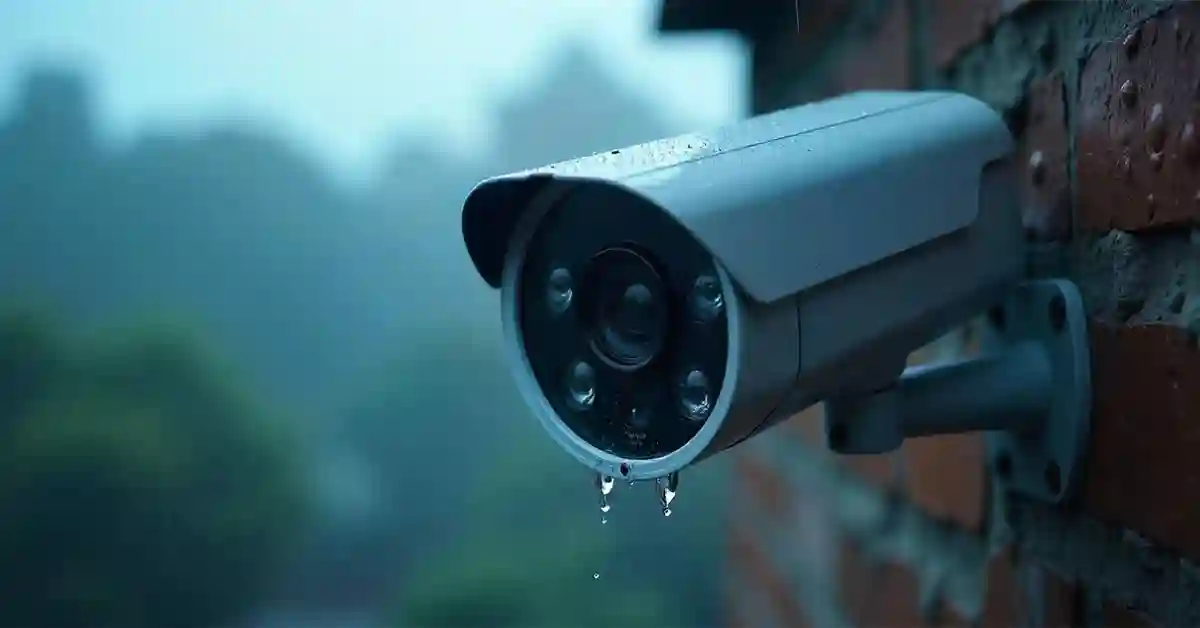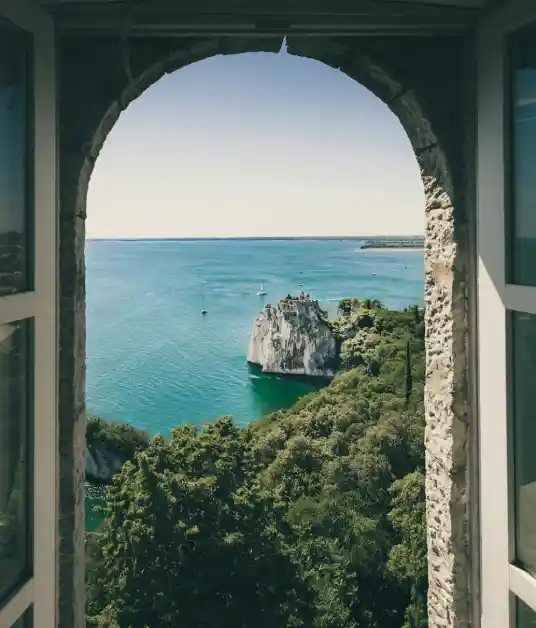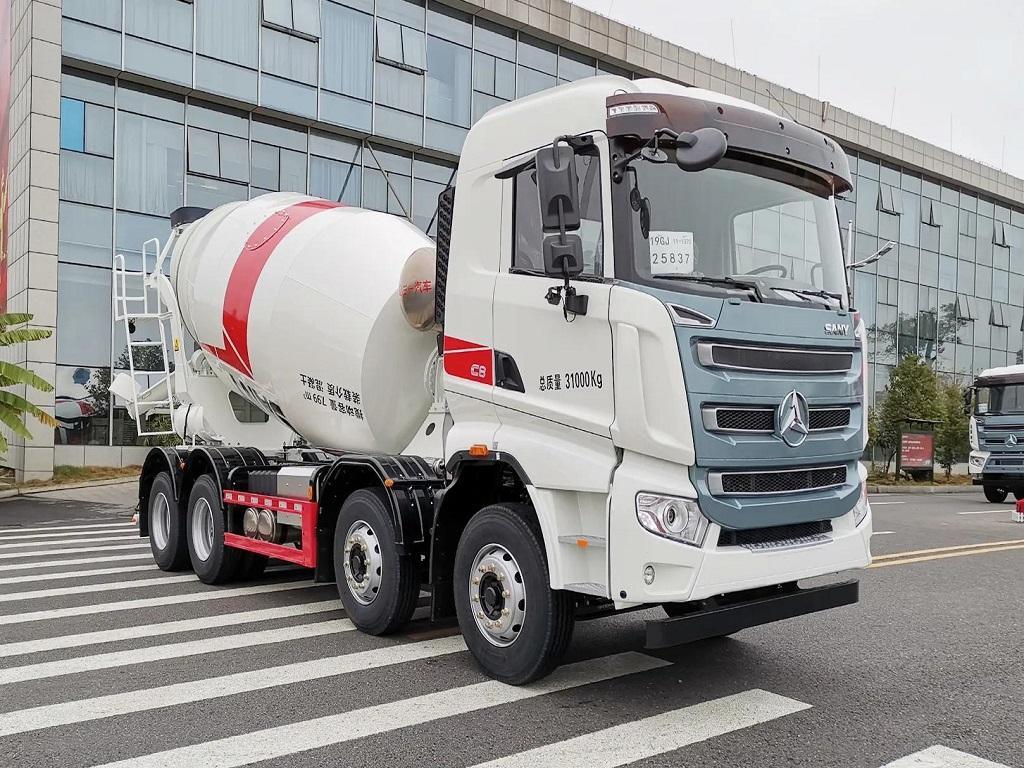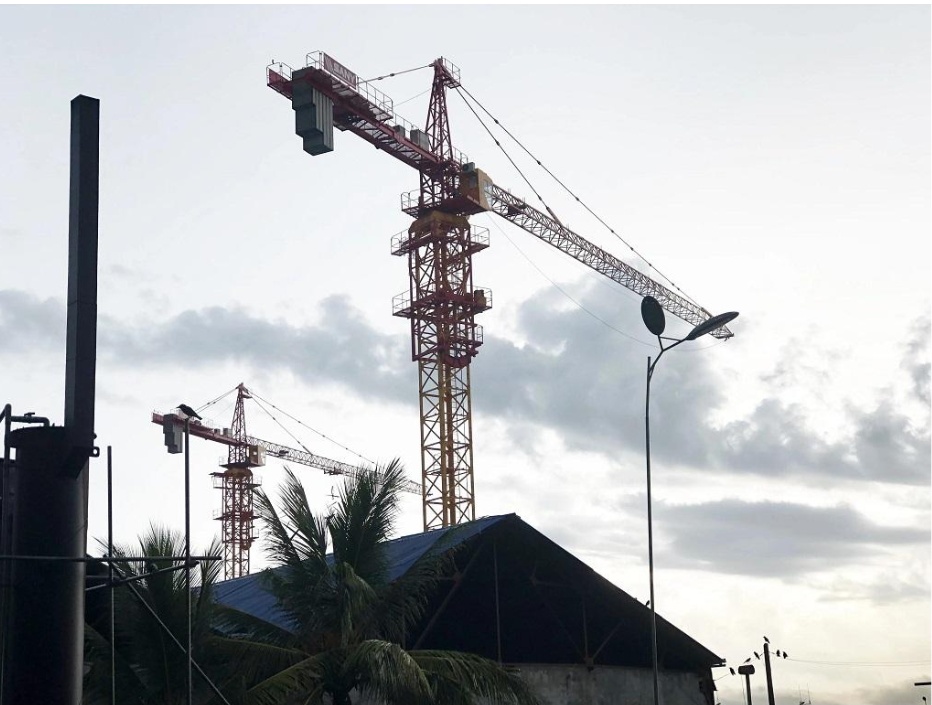In an age where security is paramount, many are turning to advanced surveillance solutions like Lorex bulletproof cameras. But a question often surfaces in discussions—is the Lorex bulletproof camera waterproof? Cameras are essential tools for keeping homes and businesses safe, and knowing they can withstand various weather conditions is crucial. The importance of having a robust security system cannot be overstated, especially when harsh weather can compromise the effectiveness of these devices.
Is the Lorex bulletproof camera waterproof? This question opens up a conversation about the durability and reliability of these security cameras in different environmental conditions. When considering investing in such equipment, understanding its full capabilities, including weather resistance, is vital. How do these cameras perform during heavy rain, snow, or extreme heat? What measures have been taken to ensure their longevity in outdoor settings?
For those concerned about safeguarding their property, choosing a camera that offers both protection and versatility is key. Lorex cameras are known for their robustness, but understanding their waterproof capabilities can determine whether they are suitable for every situation. This article will explore these aspects, providing insights into whether Lorex bulletproof cameras can indeed face the challenges posed by the elements. Let’s find out how these cameras stand up against Mother Nature and why that matters in keeping our environments secure.
The Role of Security Cameras in Modern Safety
Security cameras have become integral to modern safety protocols, offering peace of mind and real-time surveillance capabilities. These devices help deter criminal activity and provide valuable evidence in the event of incidents. Today, homeowners and businesses alike rely on these tools to monitor their properties and ensure the safety of their loved ones and assets. With advancements in technology, cameras now come with enhanced features that cater to various security needs.
One of the key functions of security cameras is to provide continuous monitoring. This constant watch allows for immediate responses to potential threats, reducing the risk of harm or damage. Furthermore, the presence of visible security cameras can act as a powerful deterrent, dissuading potential intruders from targeting a property. The psychological impact of being observed is enough to deter many would-be criminals from proceeding with illegal activities.
In addition to crime prevention, security cameras also assist in other critical functions. They can help monitor employee activities within a business, ensuring productivity and adherence to company policies. In residential settings, cameras can provide parents with reassurance by allowing them to keep an eye on their children or pets. The versatility of security cameras makes them indispensable tools in promoting safety and accountability in various environments.
Understanding Bulletproof Camera Technology
Bulletproof cameras are designed to withstand extreme conditions and even direct attacks. These cameras are constructed using durable materials that protect against bullets, vandalism, and severe weather. The primary purpose of such technology is to ensure that the camera continues to function correctly, even in hostile conditions. For high-risk areas, bulletproof cameras offer an added layer of security and reassurance.
The construction of bulletproof cameras involves using specialized materials such as reinforced steel and impact-resistant glass. These components work together to absorb and deflect any force directed at the camera, preventing damage to the sensitive electronics housed within. This level of durability ensures that the camera can continue to capture crucial footage, even if it becomes the target of vandalism or violence.
Beyond physical resilience, bulletproof cameras are often equipped with advanced technological features. Infrared capabilities, high-definition imaging, and night vision are standard, allowing them to capture clear footage in various lighting conditions. These enhancements make bulletproof cameras ideal for monitoring high-security locations such as banks, government buildings, and critical infrastructure sites.
The Importance of Weatherproofing in Security Systems
Weatherproofing is essential for any electronic device exposed to outdoor conditions, including security cameras. These devices must withstand rain, snow, extreme heat, and cold without malfunctioning. Weatherproofing ensures the camera maintains its functionality and image quality throughout its lifespan, regardless of the weather. This feature is crucial for outdoor security systems, where unpredictable weather can pose significant challenges.
Water ingress is one of the primary concerns for outdoor cameras. If moisture enters the camera housing, it can cause electrical shorts or corrosion, leading to complete failure. Weatherproofing mechanisms, such as seals and gaskets, prevent water from entering the camera, ensuring it remains operational even during heavy downpours. Additionally, weatherproof cameras are often rated with an Ingress Protection (IP) rating, indicating their resistance to dust and water.
Temperature extremes can also affect the performance of security cameras. Cold temperatures can cause components to become brittle and crack, while excessive heat can lead to overheating and damage. Weatherproof cameras are designed to operate within a wide temperature range, utilizing materials and coatings that insulate sensitive parts from temperature fluctuations. This resilience ensures that the camera remains reliable in any environment, providing consistent security coverage year-round.
Exploring Lorex’s Approach to Durability
Lorex is renowned for producing high-quality security cameras known for their durability and reliability. The company focuses on creating products that meet the demands of various environments, ensuring customers receive consistent and dependable performance. Lorex’s approach to durability involves rigorous testing and the use of premium materials, guaranteeing that its cameras withstand the test of time.
One of the key aspects of Lorex’s durability strategy is its emphasis on weatherproofing. Lorex cameras are designed with robust housings and seals that protect against water and dust ingress. Many of their models boast high IP ratings, demonstrating their ability to perform in challenging weather conditions. This attention to detail ensures that Lorex cameras continue to deliver clear images and footage, regardless of external factors.
In addition to weatherproofing, Lorex cameras are built to withstand physical impacts. The materials used in their construction are chosen for their strength and resilience, allowing the cameras to resist vandalism and accidental damage. This durability is particularly important for outdoor installations, where cameras may be exposed to potential threats. By focusing on these aspects, Lorex provides customers with reliable security solutions that offer peace of mind.
Is the Lorex Bullet Proof Camera Waterproof?
When it comes to the question—Is the Lorex bulletproof camera waterproof?—the answer lies in the specific model and its specifications. Many Lorex cameras are indeed designed to be weatherproof, meaning they can withstand exposure to rain and humidity without damage. However, the term “waterproof” implies complete protection against water ingress, which may not apply to all models.
For most security applications, a weatherproof camera is sufficient. These cameras are rated to resist water and dust, ensuring they remain operational during storms and wet conditions. It’s essential to review the IP rating of a specific Lorex camera model to determine its level of water resistance. This rating provides a clear indication of how well the camera is protected against environmental factors.
Customers interested in purchasing a Lorex camera should consider their specific needs and installation environment. For locations with frequent heavy rain or high humidity, selecting a model with a higher IP rating is advisable. By choosing the right camera, users can ensure they receive the best possible performance and protection in any weather condition.
How to Choose the Right Camera for Your Needs
Selecting the appropriate security camera involves considering several factors, including location, budget, and desired features. The first step is to assess the area where the camera will be installed. Outdoor cameras require weatherproofing to withstand the elements, while indoor cameras may focus more on image quality and advanced features.
Next, consider the specific needs of the location. High-security areas may benefit from bulletproof cameras, while general surveillance may only require weatherproof models. It’s also essential to evaluate the camera’s features, such as night vision, resolution, and connectivity options. These factors will determine the camera’s effectiveness in capturing clear and useful footage.
Finally, establish a budget for the security system. While high-end cameras offer more features and durability, they may not be necessary for every situation. Assess the costs and benefits of different models to find a balance that meets your requirements without exceeding your budget. By carefully evaluating these factors, you can choose the right camera to enhance your security system.
Installation Tips for Optimal Performance
Proper installation of a security camera is crucial for ensuring optimal performance and coverage. Begin by selecting the ideal location for the camera, considering factors such as field of view, coverage area, and potential obstructions. Mount the camera at a height that minimizes tampering while providing a clear view of the desired area.
When installing outdoor cameras, ensure they are adequately protected from the elements. Use weatherproof enclosures or mounting brackets to shield the camera from rain and direct sunlight. Pay attention to the camera’s angle and adjust it to capture the most critical areas without leaving blind spots. Regularly check the camera’s positioning to ensure it remains effective over time.
In addition to physical installation, consider the camera’s connectivity and power requirements. Ensure the camera is connected to a reliable power source and network, allowing for uninterrupted monitoring. Use high-quality cables and connectors to prevent signal loss or connectivity issues. By following these tips, you can maximize your security camera’s performance and reliability.
The Impact of Weather on Security Solutions
Weather conditions can significantly impact the performance and reliability of security solutions. Extreme weather, such as heavy rain, snow, or high winds, can affect the camera’s ability to capture clear footage or maintain a stable connection. Understanding these effects is crucial for ensuring continuous and effective security coverage.
Rain and humidity can lead to water ingress, damaging the camera’s internal components and causing malfunctions. To mitigate this risk, choose weatherproof cameras with high IP ratings that provide adequate protection against moisture. Snow and ice can obstruct the camera’s lens, reducing image quality. Regular maintenance, such as cleaning the lens and removing obstructions, is essential for maintaining optimal performance.
Temperature extremes can also affect security cameras. Cold weather can cause components to become brittle, while excessive heat can lead to overheating and failure. Selecting cameras designed to operate within a wide temperature range ensures they remain reliable in various conditions. By considering the impact of weather on security solutions, you can choose and maintain equipment that provides consistent protection, regardless of environmental challenges.
What Makes a Camera Truly Waterproof?
A truly waterproof camera is designed to withstand complete submersion in water without damage. Unlike weatherproof cameras, which resist water ingress from rain and humidity, waterproof models offer full protection against water penetration. This level of protection is crucial for specific applications, such as underwater surveillance or installations in areas prone to flooding.
Waterproof cameras are constructed using materials and seals that prevent water from entering the camera housing. These components are designed to withstand water pressure, ensuring the camera remains functional even when submerged. The camera’s design also includes features that prevent water from obstructing the lens or affecting image quality.
Determining a camera’s waterproof capabilities involves reviewing its IP rating. The rating consists of two numbers, with the first indicating protection against solids and the second against liquids. A higher second number indicates better water resistance, with ratings of IP67 and above considered waterproof. When selecting a camera for water-prone environments, ensure it has a suitable IP rating for the application.
Comparing Lorex Cameras to Competitors
When choosing a security camera, comparing different brands and models is essential to find the best option for your needs. Lorex is known for producing high-quality cameras that offer excellent durability and performance. However, considering alternative brands can provide valuable insights into available features and price points.
Lorex cameras are praised for their robust construction and reliable performance in various environments. They offer a range of models with different features, allowing customers to find a solution that meets their specific security requirements. The company’s focus on weatherproofing and durability ensures that its cameras provide consistent protection, regardless of external conditions.
Competitors in the security camera market, such as Arlo, Nest, and Ring, offer similar features and benefits. Comparing specifications, such as resolution, connectivity, and price, allows you to evaluate the value each brand provides. By weighing the pros and cons of different options, you can choose a camera that offers the best combination of features, performance, and cost for your security needs.
Enhancing Security with Advanced Features
Modern security cameras come equipped with advanced features that significantly enhance their effectiveness. These features provide improved image quality, better connectivity, and increased functionality, allowing users to tailor their security systems to specific needs. Understanding these features enables you to select a camera that offers the best protection and convenience.
One of the most sought-after features in security cameras is high-definition imaging. Cameras with HD capabilities capture clear and detailed footage, allowing for better identification of individuals and events. High-resolution cameras also provide a wider field of view, covering more area with fewer devices. This feature is particularly beneficial in large spaces or high-security locations.
Connectivity options, such as Wi-Fi and Ethernet, allow for seamless integration with existing networks. Cameras with remote access capabilities enable users to monitor their properties from anywhere, using smartphones, tablets, or computers. This flexibility ensures that users remain informed and in control, regardless of their location. By exploring these advanced features, you can enhance your security system’s capabilities and ensure comprehensive protection for your property.
Maintaining Your Security System for Longevity
Regular maintenance is crucial for ensuring the longevity and reliability of security systems. Proper upkeep prevents malfunctions and extends the life of the cameras and other components. By following a routine maintenance schedule, you can ensure that your security system continues to provide optimal protection over time.
One of the most critical aspects of maintenance is keeping the camera lens clean. Dirt, dust, and debris can accumulate on the lens, reducing image quality and impairing the camera’s effectiveness. Regularly cleaning the lens with a soft cloth and gentle cleaning solution ensures clear and sharp footage. Additionally, inspect the camera housing and mounts for signs of wear or damage, addressing any issues promptly.
It’s also essential to update the camera’s software and firmware regularly. These updates often include improvements to the camera’s functionality and security, protecting against vulnerabilities and enhancing performance. Additionally, check the camera’s connections and power source to ensure they remain secure and reliable. By maintaining your security system, you can maximize its lifespan and ensure continuous protection for your property.
Conclusion
The question, “Is the Lorex bulletproof camera waterproof?” is just the beginning of understanding the intricacies of security camera technology and its applications. While many Lorex models boast weatherproof capabilities, it’s crucial to examine each camera’s specifications to determine its suitability for specific environments. By doing so, users can ensure they invest in a system that provides reliable protection, regardless of external conditions.
Security cameras play a vital role in modern safety, offering peace of mind and real-time monitoring. Understanding the features, limitations, and maintenance requirements of security cameras allows users to make informed decisions and optimize their security systems. Whether selecting a camera for its waterproof capabilities or exploring advanced features, knowledge is the key to maximizing the effectiveness of these crucial devices.
For those looking to enhance their security systems, considering factors such as location, weather conditions, and desired features is essential. By choosing the right camera and maintaining it properly, you can ensure continuous protection for your property and loved ones. Explore the world of security cameras and discover the solutions that best meet your needs, ensuring a safer and more secure environment for all.
FAQs With Answers
Is the Lorex bulletproof camera waterproof?
Lorex bulletproof cameras are typically weatherproof, meaning they can handle rain and moisture. However, they may not be entirely waterproof for complete submersion. It’s crucial to check the specific model’s IP rating for its water resistance capabilities.
How do I know if a camera is waterproof?
To determine if a camera is waterproof, check its IP rating. A higher second number indicates better water resistance. An IP67 rating or higher is often considered waterproof, meaning the camera can withstand brief submersion.
What is the difference between weatherproof and waterproof cameras?
Weatherproof cameras are designed to resist rain and dust, providing protection against the elements. Waterproof cameras, however, are built to withstand complete submersion in water without damage, offering higher protection levels.
Can bulletproof cameras withstand all forms of vandalism?
While bulletproof cameras are designed to resist direct attacks and impact, they may not withstand all forms of vandalism. It’s essential to consider additional protective measures and placement to reduce vulnerability to vandalism.
How do I maintain my Lorex security camera?
To maintain your Lorex security camera, regularly clean the lens, check for wear or damage, and update the software. Ensuring reliable connections and power sources also helps in maximizing its performance and longevity.










